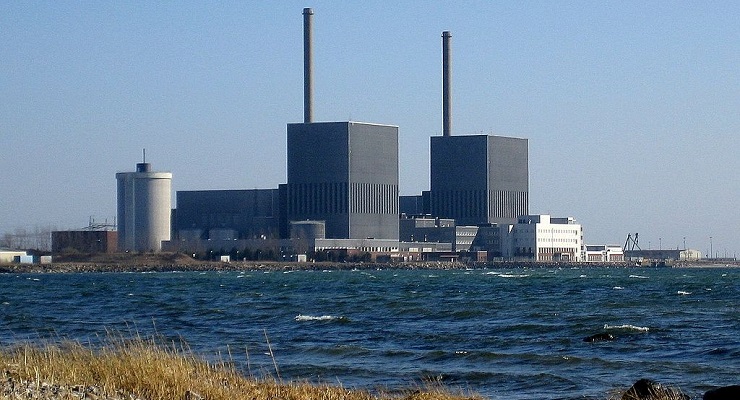
This viewpoint is published by World Nuclear News. Here is an excerpt:
The story of nuclear waste is one with countless chapters, an issue that has caused heated debate across the world for many decades. As a result of the Conditions Act of 1977 stipulating that Swedish nuclear reactor operators had to show they could safely manage its waste, the Swedish nuclear power industry has led the global work to find sustainable management methods for its waste. Even though the final repository model KBS-3, developed by Svensk Kärnbränslehantering AB (SKB), is undeniably a world leader from a scientific and technical perspective, it truly is in the work with local communities where Sweden has demonstrated international leadership. It is therefore extremely worrying to see how the Swedish government treats its more than 40-year-old democratic process, which has made Sweden a global role model.
It is no coincidence that while various repository projects around the world (e.g. the UK, the USA, Germany) have stalled due to lack of local acceptance, the projects in Sweden and Finland have slowly but surely moved forward. The Swedish model, with transparency, mutual trust and a process that involved stakeholders at every step, is widely regarded as best practice. The failed projects have one important common denominator: the permit process was politicised from an early stage. The Swedish government’s attempt to politicise the process at the 11th hour, therefore, seems historically tone deaf.
That the Swedish government is now trying to break apart SKB’s application for a final repository – even though it goes against decades of work and agreements across the political spectrum – is a political game of ‘Fox and Geese’ that is extremely unworthy of an established democracy like Sweden. It is particularly striking that the attempts at division take place despite the fact that both Oskarshamn and Östhammar municipalities – future hosts of the intermediary and final repositories – have opposed this. When the county administrative boards in Uppsala and Kalmar counties – the government’s own representatives – warned that “an examination of the interim storage as an individual case in this situation would entail significant problems and risks from a legal certainty perspective”, the warning bells should have rung far and wide.
Read the full article here.
Leave a Reply